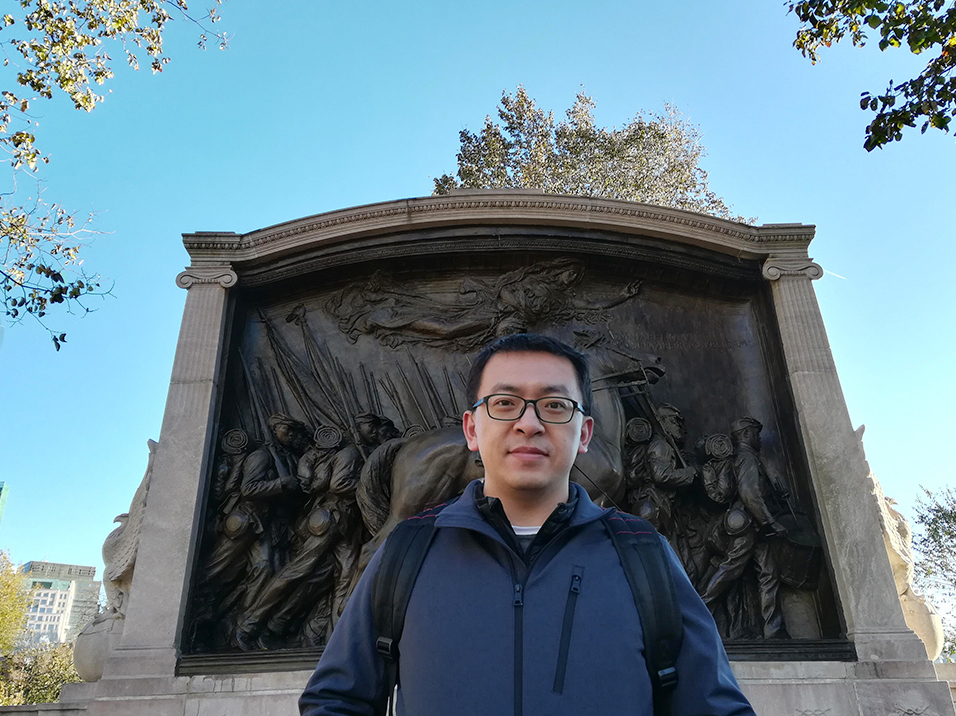Jin Yong’s world of swordsmen lives on
 The famous Chinese novelist Louis Cha Leung-yung, more widely known by his pen name Jin Yong, recently passed away at the age of 94, and there has been a collective memoriam across Chinese society. As a master of wuxia novels (a popular fiction genre of swordsmen and honor), his death has caused widespread attention and a reevaluation of his works from Chinese literary scholars. To his followers, his novels transcend the limitations of nationality, region, gender and the times, and as such they exist as a unique literary phenomenon. Meanwhile, his critics consider his novels to lack a sense of modernity, conveying the aesthetic of an agrarian age.
The famous Chinese novelist Louis Cha Leung-yung, more widely known by his pen name Jin Yong, recently passed away at the age of 94, and there has been a collective memoriam across Chinese society. As a master of wuxia novels (a popular fiction genre of swordsmen and honor), his death has caused widespread attention and a reevaluation of his works from Chinese literary scholars. To his followers, his novels transcend the limitations of nationality, region, gender and the times, and as such they exist as a unique literary phenomenon. Meanwhile, his critics consider his novels to lack a sense of modernity, conveying the aesthetic of an agrarian age.
With extensive readers and far-reaching influence, Jin’s novels have consistently won recognition from academia. However, though this writer has long ago entered into Chinese literary history, voices of doubt and criticism have never stopped. Jin’s novels of wuxia typically belong to the category of popular literature, which, as critics perceive, is the product of the rising tides of the market economy. This opinion, though seemingly convincing, does not stand scrutiny. In fact, as a branch of Chinese literature, popular literature holds an essential position in the history of Chinese literary development. The four Great Classical Novels in ancient China, apart from Dream of the Red Chamber, were all popular novels of their own times. Yet that fact has not at all abated the classical value of those works. To judge Jin’s novels by the benchmark of whether they belong to popular literature is pointless.
As for the criticism that Jin’s novels have agrarian aesthetics, that the intellectual value and the stories in his works lack modernity, this too is surprisingly senseless. As independent individuals with aesthetic ability, writers have the artistic freedom to create distinctive works based on their own taste, thinking and stance. Judging a writer’s ideas as conservative and notions as outdated or estranged from modern civilization, merely because the writer’s aesthetic tends to be traditional and upholds agricultural civilization, is one-sided. If this was the way to judge things, then authors such as Shen Congwen, Wang Zengqi, Chen Zhongshi, Wei An, Liu Liangcheng and Zhang Lian would all be removed from the list of outstanding Chinese writers.
In the Chinese cultural context, evaluation of living writers and contemporaries is usually overly prudent and even harsh. Though Jin’s works have undergone decades of historical test and though the study of his works has spun off into a distinct area of discussion—Jinology—pointed criticism from his contemporaries has persisted.
What is worthier of reflection is some scholars’ blind pursuit of Chinese literary modernity. They deny traditional culture in a radical manner, and yet they exclude classical literature from their expectations. As a result, Jin’s wuxia works written in the Zhanghui Style (a form of Chinese traditional novel, with each chapter having a different title and paragraphs being generally the same length with complete beginnings and endings), with their traditional taste and mixing of cultures, have long been abandoned before the gates of classic literature.
The death of Jin Yong has made Chinese society re-realize the extensive influence of his wuxia novels and made Chinese literary studies circles increasingly aware of the faults in the fact that popular literature has been neglected in past years. Jin’s novels, having wide influence among Chinese communities worldwide and even in the English-speaking world, have become one of the representative symbols of China and its national culture. An adherent of traditional culture, Jin contributed a series of excellent works that are full of cultural connotation, fanciful imagination and national integrity, endowing contemporary Chinese literature with new linguistic charm and cultural confidence.
Long Qilin is a professor from the School of Humanities and director of the Department of Literature at Guangzhou University. This article was edited and translated from Guangming Daily.
(edited by BAI LE)

 PRINT
PRINT CLOSE
CLOSE